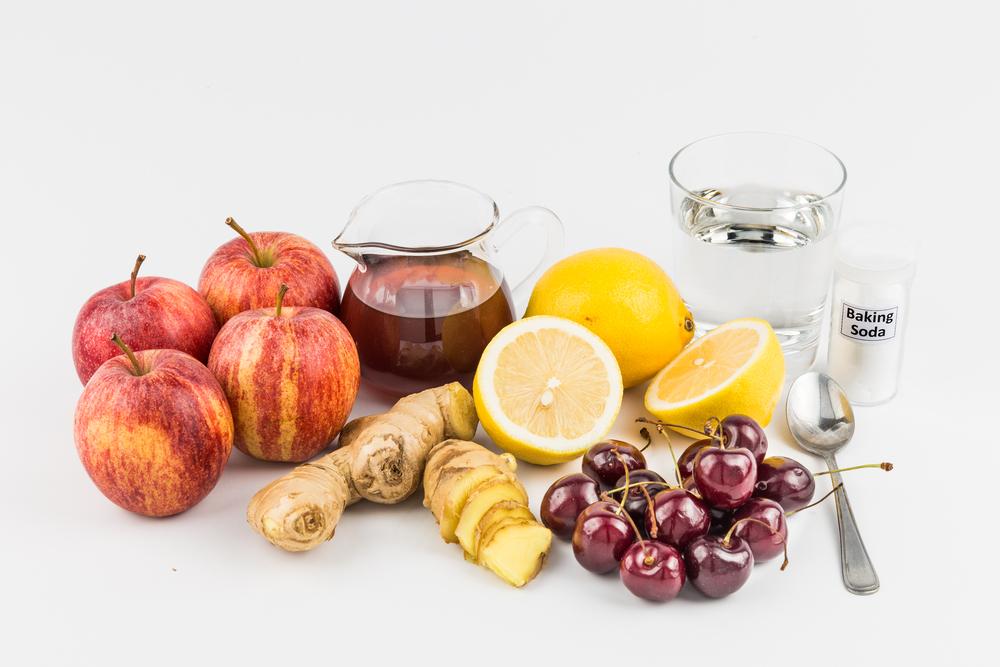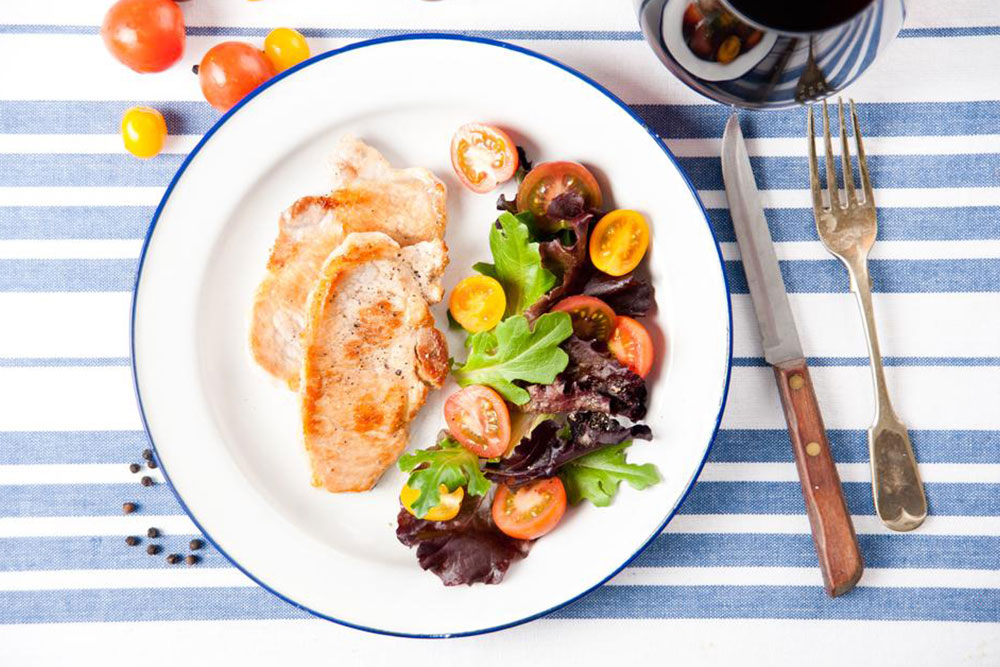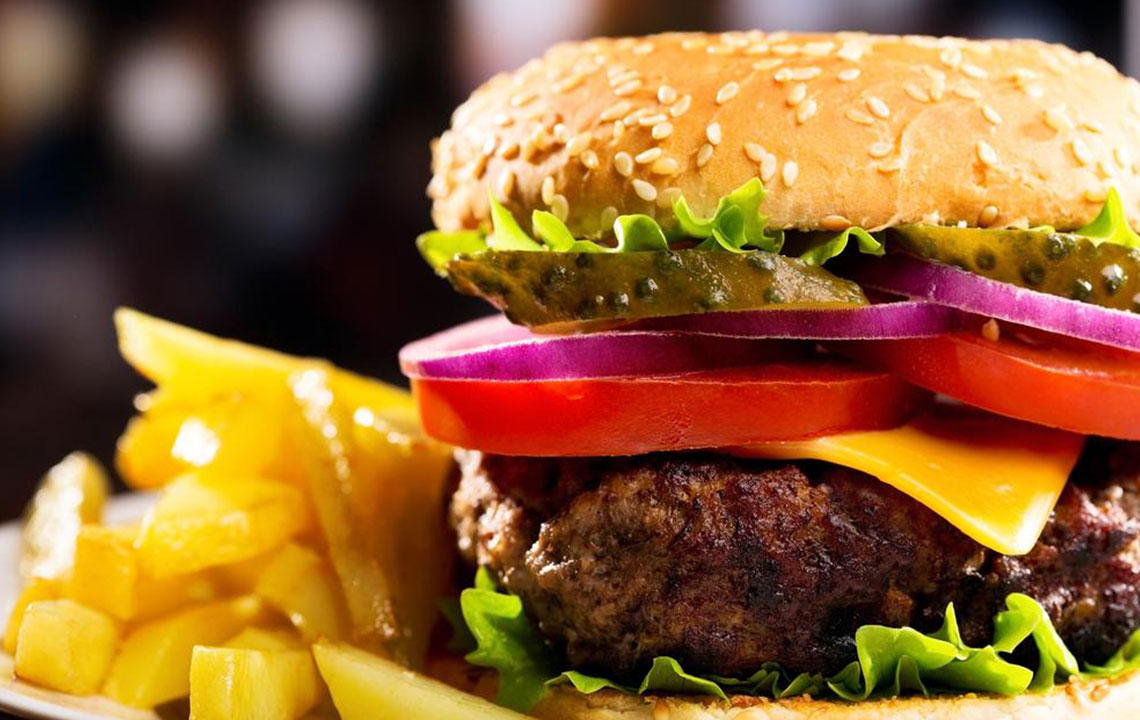Effective Dietary Strategies for Managing Gout Pain
Discover effective dietary strategies to manage gout pain, including recommended foods, foods to avoid, and lifestyle tips. Proper diet and lifestyle changes can significantly reduce symptoms and prevent attacks, improving quality of life for gout sufferers.

Effective Dietary Strategies for Managing Gout Pain
Effective dietary strategies for alleviating gout discomfort
Gout is a widespread form of arthritis caused by the buildup of uric acid in the blood, leading to painful inflammation in the joints. This condition results from the breakdown of purines, naturally occurring chemicals in food and body tissues. Normally, uric acid dissolves in blood and is expelled via urine. However, when production exceeds elimination, uric acid crystals form and deposit in joints, causing intense pain.
Implementing a specific gout-friendly diet can significantly improve management and ease symptoms. Consuming nutritious foods supports vital vitamin levels and minimizes flare-ups. Additionally, this diet helps control weight by reducing calorie intake and burning excess fats. Sticking to this plan can lower uric acid levels and decrease symptom severity.
Here is a recommended gout management meal plan:
Breakfast:
A glass of warm water upon waking
Skim milk with plain cereal
Fresh fruit rich in vitamin C
Lunch:
Salad with broccoli, beetroot, and cabbage
Grilled chicken strips
Chickpeas wrapped in whole wheat
Dinner:
Canned tuna or salmon
Feta cheese salad
Scrambled eggs in a tortilla
Herbal tea to aid digestion
Making a gout-friendly diet enjoyable is possible with a variety of healthy, tasty options. However, certain foods should be avoided to prevent flare-ups:
Red Meat:
High-purine meats like beef, pork, lamb, and organ meats such as liver and kidneys can trigger uric acid spikes and should be limited or avoided.
Sugary Foods:
Limit intake of sweets such as candies, pastries, and sweetened cereals. Artificially flavored drinks and fruit juices with added sugar should also be minimized.
Alcohol:
Beer, spirits, and other alcoholic beverages increase the risk of gout attacks. Reducing or eliminating alcohol consumption is advisable, especially for recurrent cases.
Though gout is painful, following a proper diet and making lifestyle adjustments—like maintaining a healthy weight, staying well-hydrated, exercising regularly, and taking supplements—can greatly lessen symptoms and prevent future attacks.










